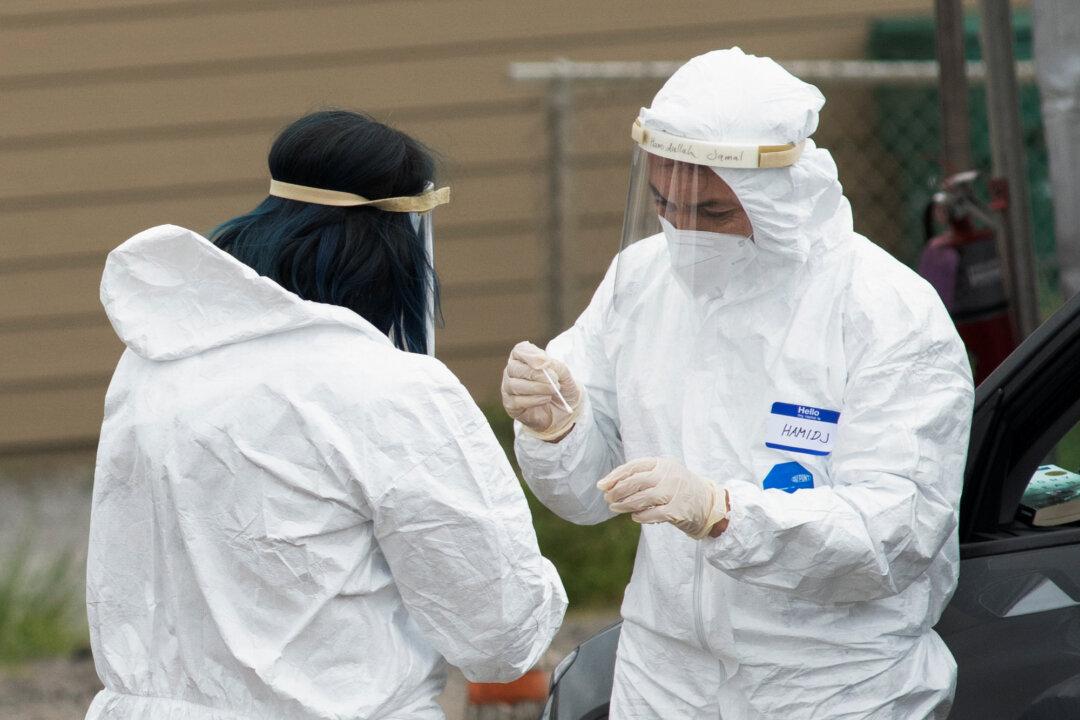Mississippi’s attorney general announced on Wednesday that she is preparing to file a lawsuit against the Chinese regime to hold it accountable for “malicious and dangerous acts” that she claims caused the CCP virus pandemic, which resulted in widespread human and economic devastation in the United States and internationally.
Attorney General Lynn Fitch said her case, which will be filed on behalf of the state, will seek damages under the Foreign Sovereign Immunities Act (FSIA). Normally, Americans are barred from suing another country because of the doctrine of sovereign immunity, which is a legal rule that insulates countries from being sued in other countries’ courts.




